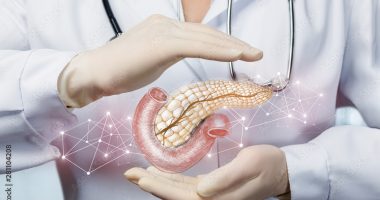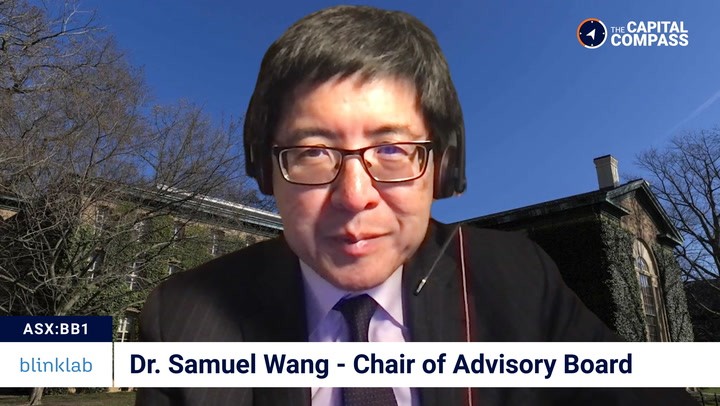- Antisense Therapeutics (ANP) has received Orphan Drug Designation for ATL1102 in Duchenne muscular dystrophy (DMD)
- The orphan drug designation was granted by the European Commission following a positive opinion issued by the European Medicines Agency (EMA) Committee for Orphan Medicinal Products
- It brings reduced fees on scientific and marketing authorisation applications and market exclusivity in Europe for 10 years
- DMD is an x-chromosome disease that affects one in every 3500 to 6000 male births and is described by the ongoing deterioration of muscles
- ATL1102 is an inhibitor of CD49d, an antigen that plays a role in the regulation of immune cell recruitment
- Antisense is down a slight 1.06 per cent on the market and shares are trading at 9.3 cents
Antisense Therapeutics (ANP) has received Orphan Drug Designation for ATL1102 in Duchenne muscular dystrophy (DMD).
Following a positive opinion issued by the European Medicines Agency (EMA) Committee for Orphan Medicinal Products, orphan drug designation was granted by the European Commission (EC).
This orphan status brings reduced fees on scientific and marketing authorisation applications and market exclusivity in Europe for 10 years upon regulatory approval of ATL1102.
“We are very pleased the EC has adopted the decision to designate ATL1102 for DMD as an orphan drug in the EU,” CEO and Managing Director Mark Diamond said.
“We have now successfully achieved orphan drug designation in Europe and orphan drug and rare paediatric disease designations in the U.S., the world’s major pharmaceutical markets,” he added.
DMD is an x-chromosome disease that affects one in every 3500 to 6000 male births.
It occurs as a result of malnutrition in the dystrophin gene (a protein found in the heart and skeletal muscles), which then causes a substantial reduction or absence of the protein.
Those with it often experience muscle weakness, scoliosis, difficulty standing, abnormal walking, and learning disabilities.
There is currently no cure but medication such as corticosteroids (drugs that lower inflammation in the body) and ongoing therapy can help control the symptoms and improve the patient’s quality of life.
ATL1102 is an inhibitor of CD49d, an antigen that plays a role in the regulation of immune cell recruitment.
It has been reported that patients with DMD, who have a greater number of T cells (immune cells) with high levels of CD49d, have a more severe and rapid disease progression.
Antisense is down a slight 1.06 per cent on the market and shares are trading at 9.3 cents at 1:16 pm AEDT.






